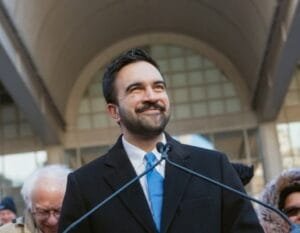Biden to travel to Europe for NATO summit on Russian invasion of Ukraine

President Biden will travel to Europe next week to meet with allies to discuss the West’s response to Russia’s invasion of Ukraine and their joint efforts to impose steep costs on Moscow over its attack, White House press secretary Jen Psaki confirmed Tuesday.
Psaki said during the White House press briefing the president will participate in an extraordinary NATO summit at its headquarters in Brussels on March 24 with leaders from the alliance’s 30 member countries “to discuss ongoing deterrence and defense efforts in response to Russia’s unprovoked and unjustified attack on Ukraine as well as to reaffirm our ironclad commit to our NATO allies.”

Mr. Biden will also join a European Council summit, set for March 24 and March 25, “to discuss our shared concerns about Ukraine, including transatlantic efforts to impose economic costs on Russia, provide humanitarian support to those affected by the violence and address other challenges related to the conflict,” Psaki continued.
“His goal is to meet in person, face-to-face with his European counterparts and talk about and assess where we are at this point in the conflict, in the invasion of Ukraine by Russia,” she said. “We’ve been incredibly aligned to date. That doesn’t happen by accident. The president is a big believer in face-to-face diplomacy, so it’s an opportunity to do exactly that.”
In response to the White House’s confirmation of Mr. Biden’s upcoming trip to Europe, Ursula von der Leyen, president of the European Commission, said in a tweet that “transatlantic unity and coordination remain crucial for ramping up pressure on the Kremlin to stop the unjustified war.”
The trip will be Mr. Biden’s first to Europe since Russia began its attack on Ukraine more than two weeks ago and follows Vice President Kamala Harris’ visit to Poland and Romania last week
In the wake of Russia’s invasion, the Biden administration has worked in concert with European allies to impose sweeping economic sanctions on key Russian financial institutions, officials and oligarchs to cut Moscow off from the global economy. The U.S. and the West have also provided more than $1 billion in military and humanitarian aid to Ukraine to help the country defend itself from Russia.














